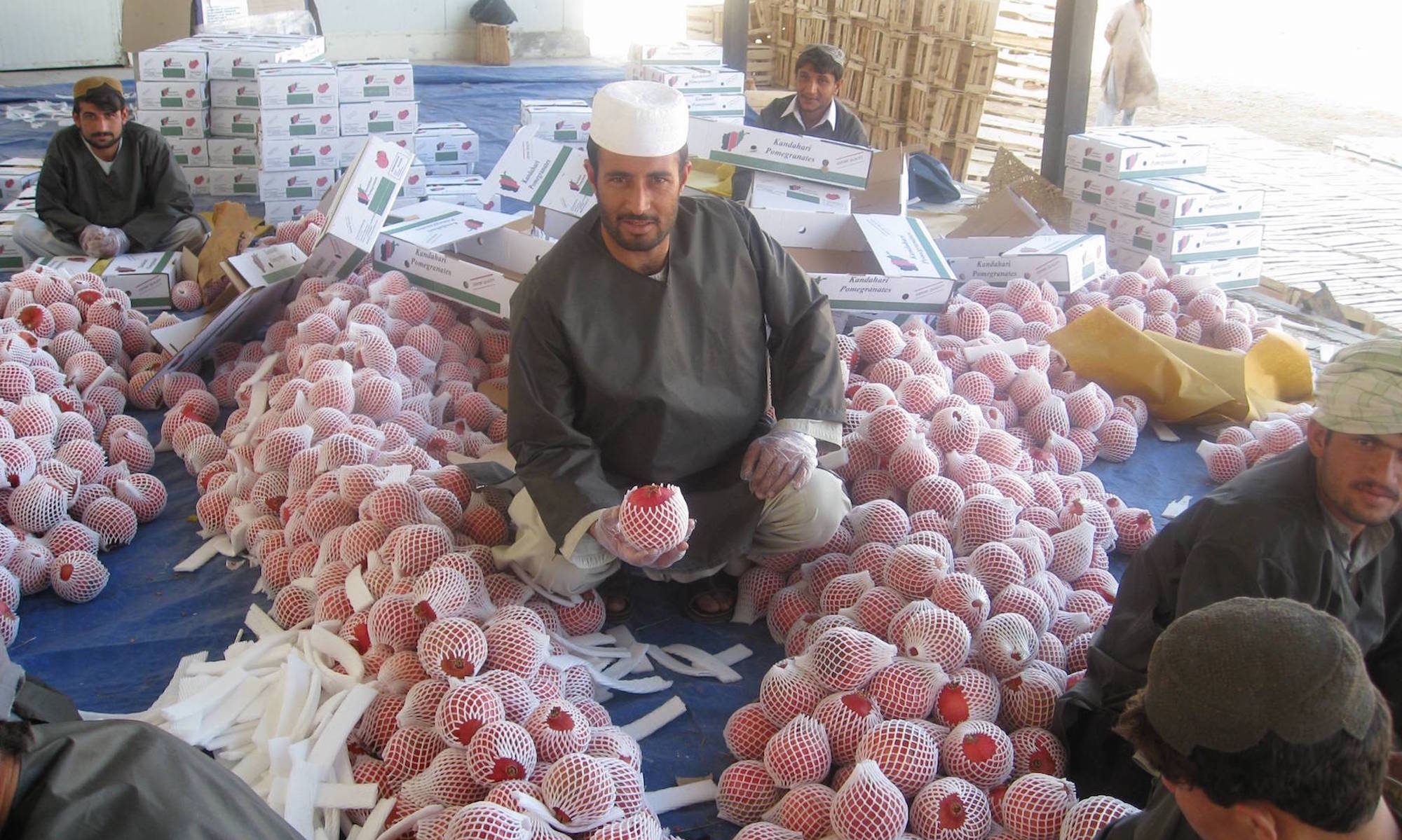In this paper we begin by defining and examining the concept of police building. Its historical precedents and contemporary forms are briefly reviewed, showing a variety of motives and agendas for this kind of institution building. We argue that police building has been a relatively neglected dimension of nation- and state-building exercises, despite its importance to functions of pacification and restoration of law and order. The emerging literature on international police reform and capacity building tends to adopt a narrow institutionalist and universalistic approach that does not take sufficient account of the politics of police building. This politics is multilayered and varies from the formal to the informal. Using two case studies focusing on events in 2006 in Timor-Leste and Solomon Islands, the reasons for the fragility of many current police-building projects are considered. In both cases, we argue, police capacity builders paid insufficient attention to the political architecture and milieu of public safety.

INSCT Postconflict Research Database
The Institute for National Security and Counterterrorism's Postconflict Research Database & Analysis Project stores cross-indexed bibliographic information on hundreds of journal articles, books, book chapters, and case reports that address the broad, interdisciplinary fields of postconflict reconstruction, stabilization, and peacebuilding.
2 Replies to “Transnational Police Building: Critical Lessons from Timor-Leste and Solomon Islands”
Comments are closed.